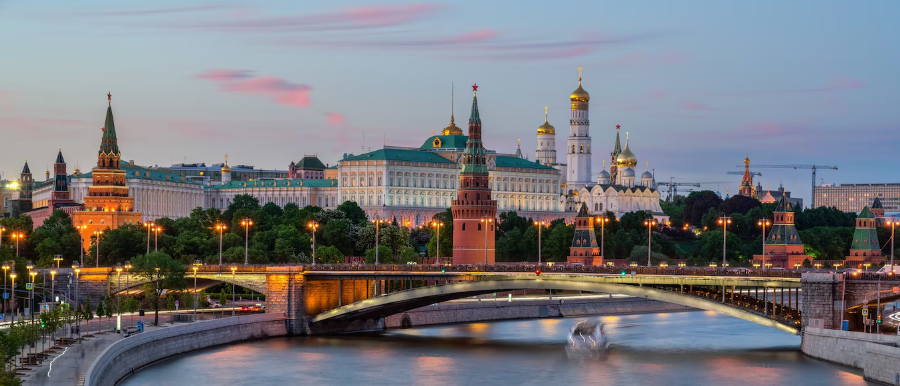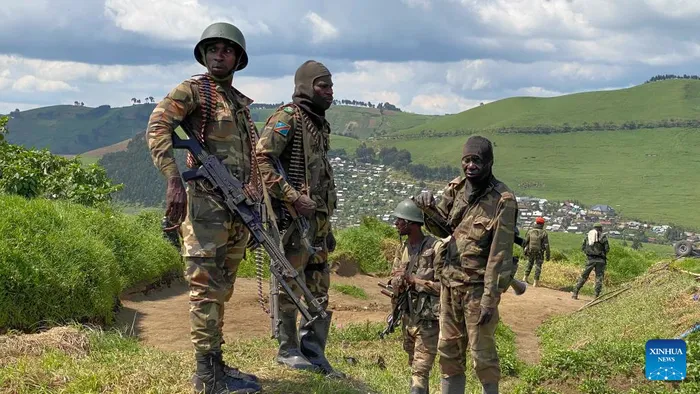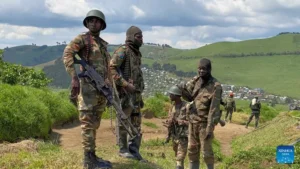As a founding member of BRICS, Russia plays a pivotal role in shaping the geopolitical landscape of this influential group of emerging economies. The bloc aims to foster economic cooperation, political collaboration, and cultural exchanges among its members, and Russia’s vast resources, strategic positioning, and military capabilities significantly enhance this agenda. This case study delves into Russia’s geopolitical importance to BRICS
Economic Influence
Russia is endowed with abundant natural resources, making it a crucial player in the global energy market. According to the U.S. Energy Information Administration, Russia ranked as the world’s second-largest producer of crude oil, contributing to approximately 10% of global production in 2023. Additionally, Russia holds the largest natural gas reserves, accounting for about 24% of the world’s total. This energy wealth enables Russia to not only influence global energy prices but also to secure its position as a vital supplier to other BRICS nations, particularly China and India, which have increasing energy demands.
In 2023, trade between Russia and other BRICS countries showed significant growth. For instance, trade between Russia and China surged by 24% year-on-year, reaching $190 billion, primarily driven by energy exports. India also increased its imports of Russian oil, with purchases rising to around 1.3 million barrels per day, up from 0.5 million barrels per day in early 2022. This trade synergy not only solidifies Russia’s economic standing within BRICS but also strengthens interdependence among member nations.
Geopolitical Stability and Military Cooperation
Russia’s military capabilities and strategic nuclear arsenal play a significant role in the BRICS framework. The country is involved in various military partnerships with BRICS members, promoting collective security arrangements. For instance, the Shanghai Cooperation Organization (SCO), which includes China and India, provides a platform for military and security cooperation where Russia’s influence is pivotal. The recent joint military exercises conducted by Russia, India, and China further underline the importance of military collaboration among these nations, reflecting their shared interests in regional stability.
In a world increasingly characterised by multipolarity, Russia’s geopolitical stance serves as a counterbalance to Western hegemony. Its participation in BRICS allows it to align with other emerging economies that seek to promote an alternative global order. The ongoing sanctions imposed by Western countries on Russia have propelled it to seek closer ties with BRICS partners, fostering a collective front that emphasises cooperation over confrontation.
Cultural and Political Dimensions
Cultural diplomacy has become an essential aspect of BRICS relations, with Russia actively promoting its culture and language through various initiatives. The establishment of cultural centres and exchange programs enhances mutual understanding and cooperation among member states. These efforts not only bolster Russia’s soft power but also strengthen ties within BRICS.
Russia’s strategic political alliances within BRICS facilitate coordinated efforts on global issues, including climate change, trade, and security. In 2023, Russia proposed initiatives to enhance cooperation in agricultural development and technology transfer among BRICS nations, reflecting its commitment to collective progress.
Russia’s strategic geopolitical importance to BRICS is underscored by its economic influence, military capabilities, and active cultural diplomacy. As the world navigates a complex geopolitical landscape, Russia’s role in BRICS becomes increasingly crucial in fostering cooperation among emerging economies. The synergy among BRICS nations, anchored by Russia’s resources and strategic positioning, offers a counterbalance to traditional power dynamics and paves the way for a more multipolar world.








